Learn about Minneapolis, MN including our News & Press Releases and Team.
Talk to us
Have questions? Reach out to us directly.
Learn about Minneapolis, MN including our News & Press Releases and Team.
About Minneapolis, MN
- Population of
- 425,336
- Bond Ratings (S&P, Fitch)
- AAA/AAA
The City of Minneapolis is located in Hennepin County. It is the largest city in Minnesota and serves as the center of finance, industry, trade, and transportation for the Upper Midwest region of the United States.
Minneapolis encompasses 57.4 square miles, including five square miles of inland water. The City rests along the banks of the nation’s largest river, the Mississippi. Minneapolis is known as “The City of Lakes,” featuring 22 lakes and 170 city parks. The Minneapolis Park System is one of the City’s most prized assets and considered one of the premier park systems in the United States. Properties of the Minneapolis Parks & Recreation Board total nearly 6,732 acres of land and water and include full-service neighborhood recreation centers.
As the major city within the larger metropolitan area, Minneapolis enjoys a strong and highly diverse business foundation of companies involved in manufacturing supercomputers, electronics, medical instruments, milling, machine manufacturing, food processing and graphic arts. In addition, with seven hospitals and the University of Minnesota, Minneapolis is a nationally known medical center that produces many high technology medical products.
Image Gallery

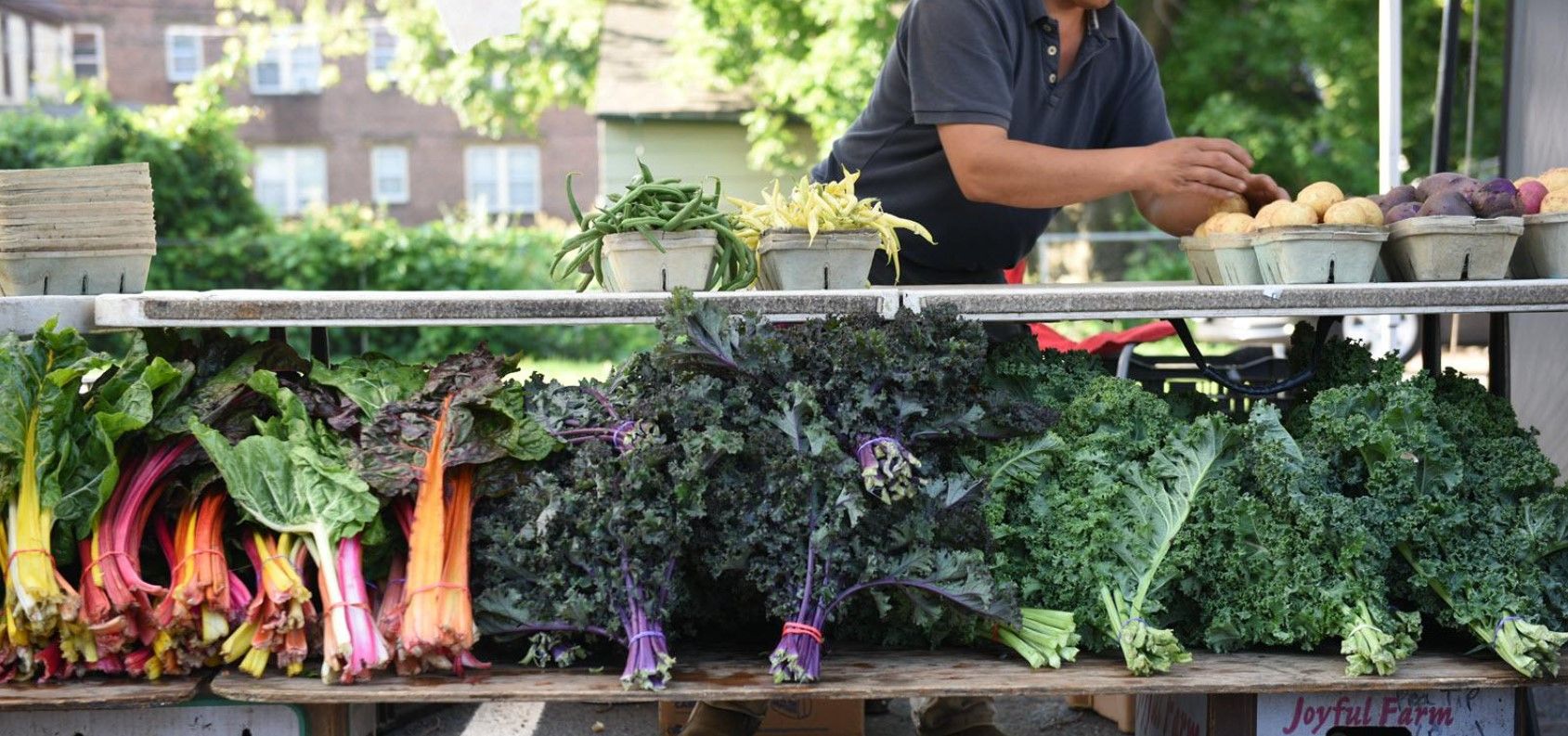
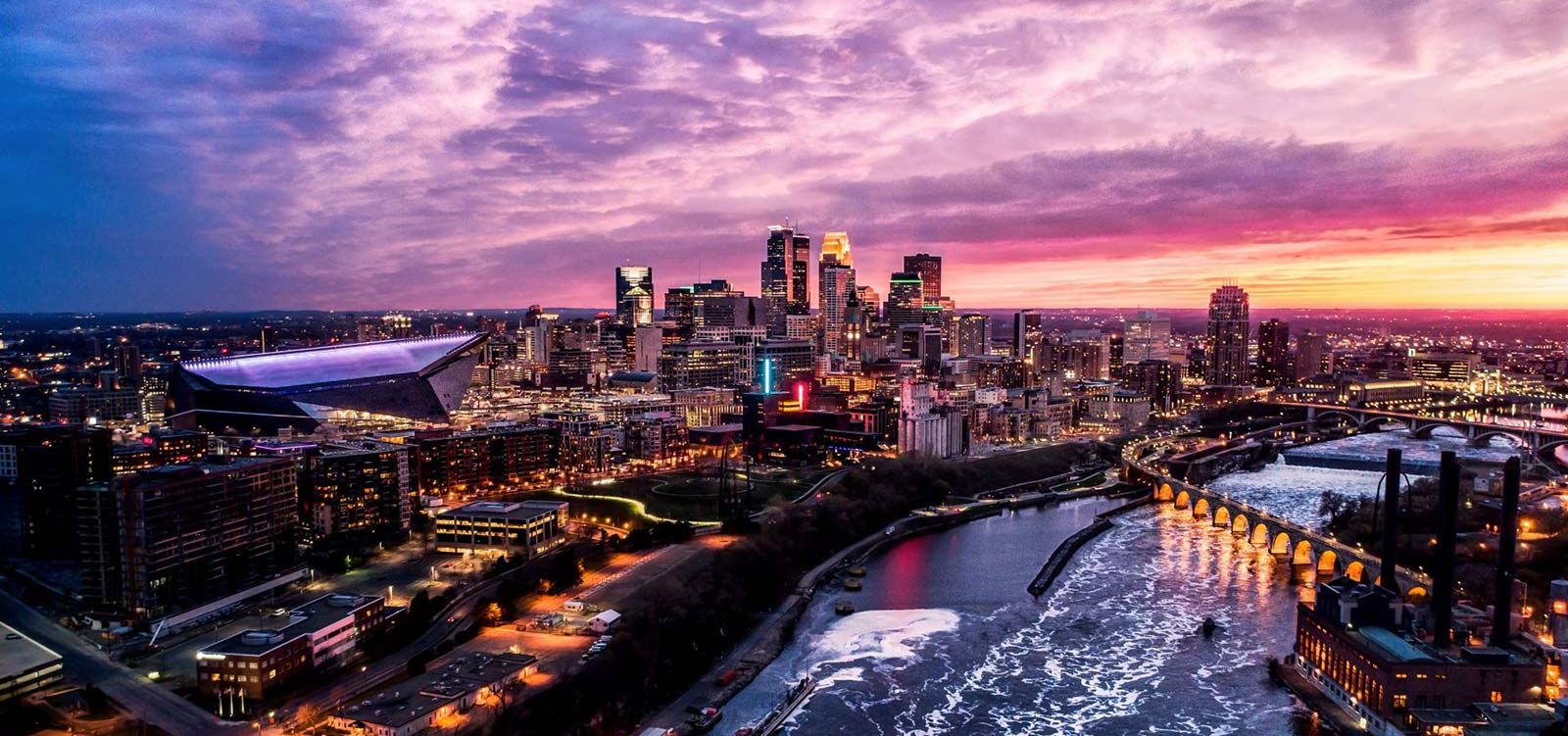
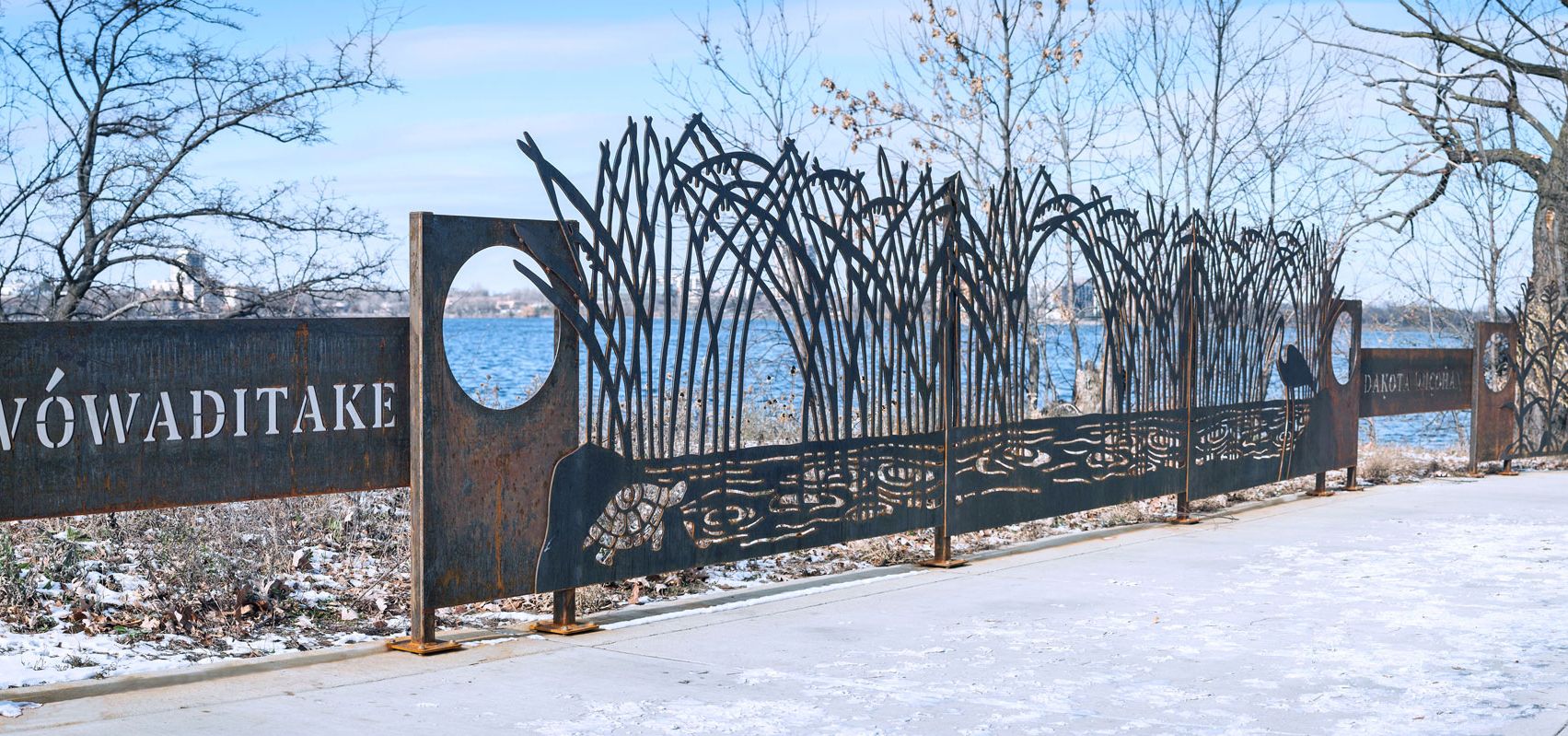
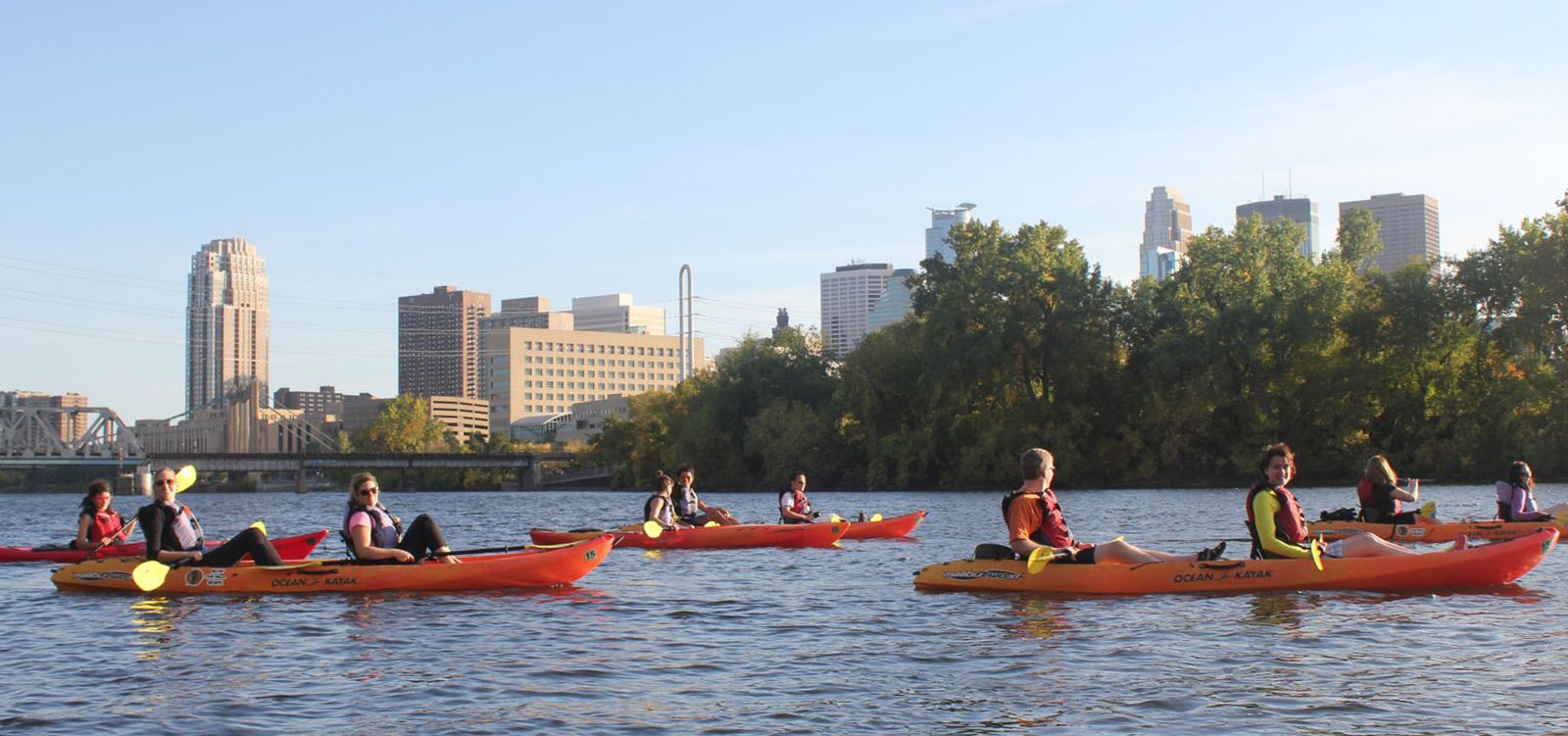
News
After weeks of public hearings, negotiations, and budget markup meetings, Mayor Jacob Frey and the Minneapolis City Council announced a budget deal. In a 11-0-0-2 vote, the City Council passed the 2026 $2 billion amended budget.
In a joint statement, Mayor Frey and Council Vice President Aisha Chughtai (Ward 10) thanked their colleagues and staff for their dedication throughout the budget process:
“We are grateful to every Council Member and City staffer who worked tirelessly over the past several weeks to get us to this point. Their commitment to collaborative problem-solving and service to our Minneapolis neighbors made this agreement possible. Crafting a budget is never easy, and there are certainly areas of disagreement in this one. But the collective effort from all involved helped us land a budget deal that ensures residents receive city services, protects our workforce, both unionized and appointed, and reflects the values we do share.”
The budget reflects a disciplined, forward-looking approach that prioritizes and protects core City services and maintains strong financial footing without layoffs to City employees. It allows for continued investments in public safety, affordable housing, economic inclusion and good governance. Highlights of the final, agreed-upon budget include:
Community safety and police recruitment
- Supports recruitment to continue rebuilding the MPD, now at more than 600 officers and the most diverse force in city history.
- Prioritizes a full-spectrum public safety system with police, fire, EMS, civilian responders, and violence prevention efforts working together.
- Funds compliance with the federal consent decree and state settlement agreement, including two new positions in the Implementation Unit.
- Sustains 24/7 Behavioral Crisis Response (BCR) services and community-led violence prevention initiatives.
- Supports the administration’s plan to create a new non-fatal shooting task force to increase clearance rates related to non-fatal shootings and improve public safety.
Affordable housing and homelessness response
- Continues the Stable Homes Stable Schools program, keeping thousands of Minneapolis students and families stably housed.
- Includes a commitment to fund emergency housing vouchers for three years without resulting in staff layoffs.
- Continues investments in the Affordable Housing Trust Fund and the Minneapolis Public Housing Authority, putting more apartments and homes to own in reach of more residents.
- Dedicates to support shelter operations.
Climate action and public health
- Advances the Climate Legacy Initiative (CLI), including investments in cleaner energy, green infrastructure, and waste reduction.
- Supports the Zero Waste Plan to move toward the City’s 2030 waste diversion goals.
- Uses opioid settlement funds to launch a Mobile Medical Unit, expand access to Narcan vending machines, and support hospital-based intervention programs for overdose survivors.
Economic inclusion and downtown vitality
- Supports the Ownership and Opportunity Fund, helping Black, brown, and immigrant entrepreneurs build lasting wealth by owning their businesses and properties.
- Funds Vibrant Downtown Storefronts and Nicollet Mall activation, keeping downtown lively and welcoming for residents, workers, and visitors.
- Invests in cultural and commercial districts, including Uptown and Lake Street, through technical assistance and small business support programs.
- Reinstates labor standards co-enforcement funding.
- Provides dance programming in schools, downtown, and at the Cowles Center, which is slated to reopen next year under new operator Arts Nest/Zenon Dance Company.
- Continues outreach and services for vulnerable communities, including immigrants and refugees
Good governance and fiscal discipline
- Generates millions of dollars in savings through vacancy management, scaling back nonessential spending, and prioritizing proven programs.
- Protects City jobs, avoiding layoffs and maintains the City’s AAA bond rating, saving taxpayers millions through lower borrowing costs.
- Budgets responsibly to prepare for potential federal funding reductions amid continued uncertainty in Washington.
The maximum property tax levy is 8 percent, set by the Board of Estimate and Taxation (BET) in September. The City Council approved the levy on Dec. 9.
As winter arrives and the federal government cuts vital housing resources, the City of Minneapolis continues to expand on its record-setting commitment to providing safe and dignified affordable housing, while helping people experiencing homelessness get access to shelter and stability.
The City Council awarded more than $14 million in direct investment, along with $1.7 million in 10-year federal housing tax credits (HTC), to jumpstart 11 affordable rental housing projects. This money adds or preserves nearly 600 affordable homes for Minneapolis families, seniors, and residents exiting homelessness. In addition, the City announced 126 new shelter beds and 123 new units to help people experiencing homelessness.
“Cities across the country are looking for answers on housing—and Minneapolis is proving what’s possible,” said Mayor Jacob Frey. “We’re out front, building affordability at a scale and pace that puts us on the national map. These investments mean hundreds more people housed, more families stable and a city that’s leading by example.”
Since 2011, the City’s Affordable Housing Trust Fund (AHTF) program – that uses federal and local funding sources – has awarded nearly $183 million in Minneapolis housing, helping build and stabilize thousands of affordable units. Four of the projects, awarded funding in recent years, have opened or will open by year’s end. They will expand warm, safe options during the winter months and create clearer pathways into permanent housing. They are:
- Now open: Valiance Apartments and Shelter – 2806 27th S.
- 50 permanent supportive housing units, which means that this kind of housing is linked to social services that foster housing stability and improved health for people experiencing homelessness, mental illness, substance abuse disorders and other disabilities.
- This number includes 25 units for people exiting homelessness.
- 54 emergency shelter beds
- 50 permanent supportive housing units, which means that this kind of housing is linked to social services that foster housing stability and improved health for people experiencing homelessness, mental illness, substance abuse disorders and other disabilities.
- Now open: Minnesota Indian Women’s Resource Center – 2300 15th S.
- 24 permanent supportive housing units.
- This includes 20 units for people exiting homelessness and 4 units for persons with disabilities.
- 24 permanent supportive housing units.
- Now open: Kyle Garden Square – 700 10th S.
- 59 permanent supportive housing units
- This includes 48 units for people exiting homelessness.
- 59 permanent supportive housing units
- Opening soon: Simpson Apartments and Shelter – 2740 First Ave. S.
- 42 permanent supportive housing units
- This includes 30 units for people exiting homelessness.
- 72 emergency shelter beds
- 42 permanent supportive housing units
Hennepin County, one of the City’s key partners in unsheltered homelessness response, is also adding 133 shelter beds as part of its Winter Warming program (8 of which are at Valiance). The rest of the beds are at Rescue Now, AICDC KOLA, Steps of Strategy and Our Saviour’s Housing. The county’s system to shelter eligible families with children expands to meet the need so no child sleeps outside in Hennepin County.
AHTF program projects have several eligibility requirements, like ensuring that at least 20 percent of units will be affordable to households earning no more than 50 percent of area median income (AMI). Awards are made through a competitive application process that evaluates financial strength, readiness, design, and long-term feasibility. The 11 projects awarded 2025 AHTF funds and 9% HTC are as follows:
- Ward 1
- Clare 5 Apartments - 1900 Monroe St. NE - $289,658 in 9% HTC to preserve and rehab 33 units of deeply affordable supportive housing for seniors living with HIV/AIDS, including 10 units for people exiting homelessness.
- Ward 5
- Lindquist Apartments - 1931 W. Broadway - $940,000 to preserve and rehab 26 units of deeply affordable housing, 24 of which will be dedicated to youth exiting homelessness.
- PennWood Village and Community Market – 2125 Glenwood Ave. N. and 306 Penn Ave. N. - $1,500,000 for a new construction mixed-use property with 86 affordable family-sized units.
- Ward 6
- Lot A – 1500 S. Fourth St. - $920,000 for 75 units of affordable family housing on a City-owned site.
- The Jourdain – 2006 Portland Ave. - $840,000 for rehabilitation of 41 units of mixed-income housing with two- or three-bedroom units.
- The Wellstone – 620 E. Franklin Ave. - $1,315,000 for rehabilitation of 49 family-friendly units.
- Ward 7
- Flour Exchange – 310 Fourth Ave. S. - $3,195,000 for an adaptive reuse of the historic Flour Exchange building into 110 units of affordable housing, including 12 units for people exiting homelessness.
- Ward 8
- Zaria Apartments – 3030 Nicollet Ave. - $2,170,000 for phase two of redevelopment for 90 affordable units, including nine units for people exiting homelessness.
- Ward 9
- Hiawatha Commons Rehabilitation - 2740 Minnehaha Ave. S. - $1,680,000 for the renovation of a mixed-income project with 80 units.
- Ward 10
- 2116 Nicollet - 2116 Nicollet Ave. S. – $1,488,183 in 9% HTC for 53 units of deeply affordable and low-barrier housing for people exiting homelessness and persons with disabilities.
- Ward 11
- Lyndale Avenue Apartments - 5719 Lyndale Ave. S. - $1,870,000 for new construction of 40 deeply affordable units.
Each year, the City publishes its Way Home Report that tracks key housing and homelessness outcomes. The latest report from 2022 to 2024 shows a significant and sustained increase in investment since 2018, totaling $400 million.
“Sustained investment in housing keeps delivering real results,” said Elfric Porte, City of Minneapolis housing director. “We want to help our neighbors by providing resources and housing where and when they need it most. As we head into the winter months, it’s important to keep people in the forefront of our efforts.”
Since 2018, the City of Minneapolis has invested more than $400 million in affordable housing and homelessness prevention. Mayor Jacob Frey, city leaders and others marked the milestone by releasing “The Way Home Progress Report” for 2022 - 2024. The report solidifies the City’s commitment to producing and preserving affordable housing, closing homeownership gaps and confronting homelessness with urgency and compassion.
“Behind every unit preserved or built is a family, a child, a neighbor whose life just got more stable” said Mayor Jacob Frey. “As this progress report shows, we’ve made real strides in producing and preserving affordable housing, expanding homeownership, and reducing homelessness. Affordable housing is about giving people the foundation to succeed, and we’re going to keep pushing until everyone in Minneapolis has that chance.”
The Way Home Progress Report outlines core values and strategies to meet the needs of Minneapolis residents. This work is a collaborative effort between the City, Hennepin County, state and local non-profit and community organizations.
“It really does take a village, as the saying goes, to help our neighbors find their way home,” said Erik Hansen, director of the City’s Community Planning and Economic Development (CPED). “We’re grateful to our partners who allow our residents to stay in the home they love or find a new one. Housing is a basic human right, and we’re proud of our commitment affordable housing in our City.”
By the numbers
In 2024 alone, the strategies that help provide safe, dignified, and affordable housing for residents produced these highlights:
- Strategy 1: Increase housing supply, diversity, and affordable in all neighborhoods
- The City created the New Nicollet Redevelopment, which identified redevelopment ideas for the old Kmart on Lake Street that include home rental and ownership opportunities.
- Strategy 2: Produce more affordable rental housing and preserve subsidized affordable rental housing for 30 years or more
- 22 projects with 1,745 affordable units will have been funded and closed in 2025.
- 234 of these will be designated for residents experiencing homelessness.
- Strategy 3: Preserve unsubsidized naturally occurring affordable housing (NOAH)
- Between NOAH, the 4d incentive program and the small and medium multifamily loan program, the City has preserved 5,208 affordable rental housing units since 2018.
“Affordable housing is a complex ecosystem dependent on the vital participation of everyone involved at every level to operate with a common goal and mission to provide access to more stable and affordable housing in our communities,” said James Crumble, with 1st Class Residential properties, who has received assistance with through NOAH funding.
- Strategy 4: Improve and sustain access to homeownership, especially among residents with lower incomes and people of color
- Between 2022 and 2024, the City has served more than 3,000 households through financial wellness and downpayment assistance.
- Strategy 5: Support renters
- As a majority renter city, the City helped more than 6,100 households and 12,450 renters with legal advice on housing discrimination, security deposit disputes and eviction rights.
- Strategy 6: Prevent and end homelessness
- The past three years have seen measurable progress like a 33% decrease in unsheltered homelessness and a 30% reduction in families experiencing homelessness compared to the year before.
- The City awarded $18.5 million through the Affordable Housing Trust Fund (AHTF) to create or preserve 803 affordable rental units.
- Strategy 7: Maximize potential of publicly owned land to meet City housing goals
- 19 properties have been sold – for new construction or rehabilitation
- 48 properties have been leased as community gardens
Team

Dushani Dye
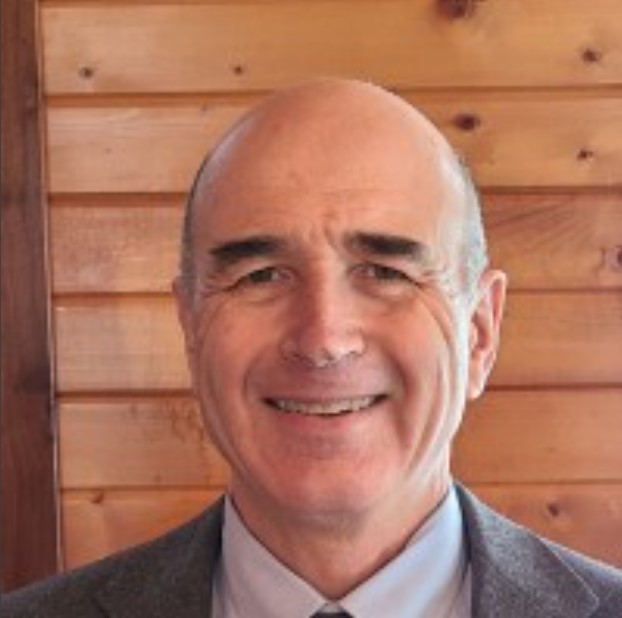
Allen E. Hoppe, CFA, CTP

Dave Wheeler
Jeff Metzen
Mia Eubanks
Talk to us
Have questions? Reach out to us directly.

